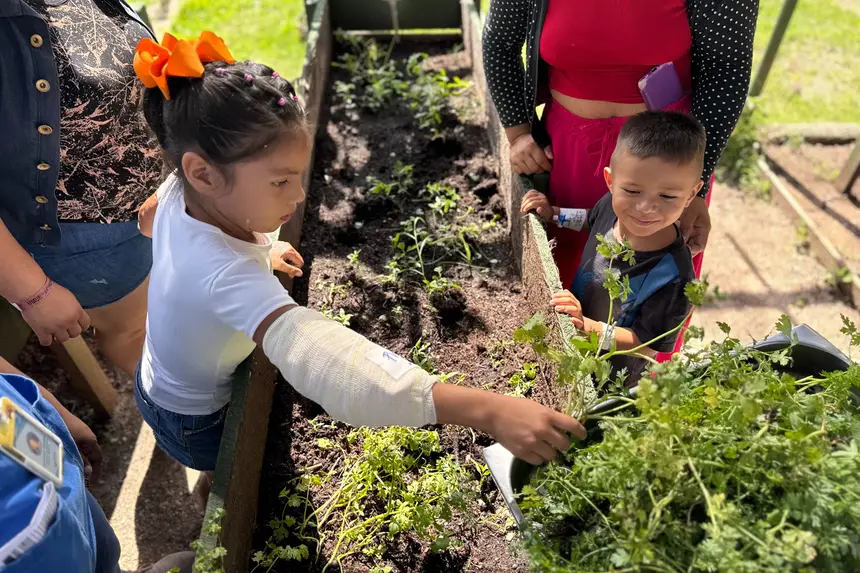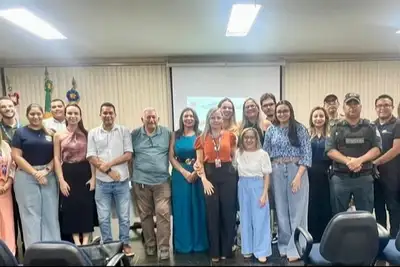Metropolitan Hospital promotes harvest in garden for hospitalized children
The 'Humanized Garden' project aims to alleviate the trauma of hospitalization through direct contact with nature
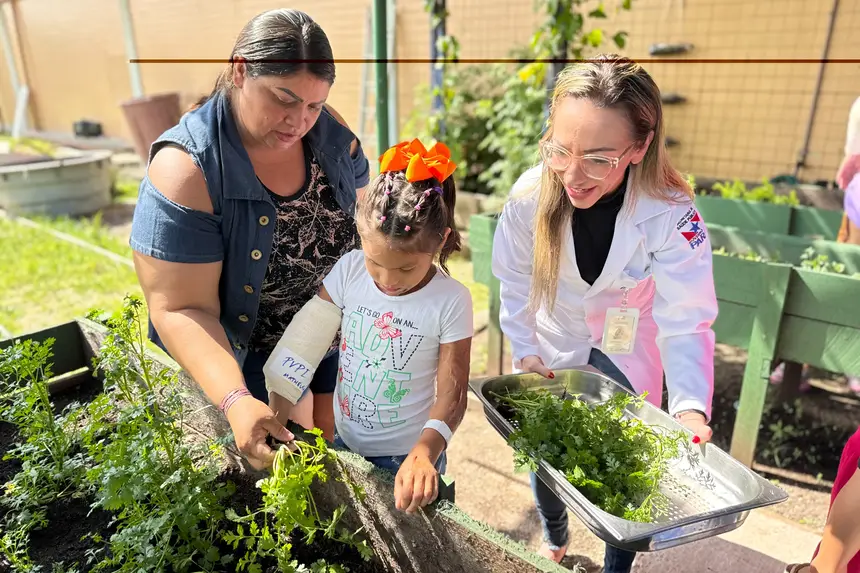
Children hospitalized at the Burn Treatment Center (CTQ) of the Metropolitan Emergency Hospital (HMUE) in Ananindeua (Metropolitan Region of Belém) experienced a morning of reconnection with nature this Tuesday (5). With the "Humanized Garden" project, which aims to make the environment more pleasant, reducing negative feelings resulting from prolonged hospitalization, the young patients planted seedlings and harvested vegetables. The action is part of a calendar of activities that value sustainability and humanization.
Resident of the municipality of Curralinho, in the Marajó Archipelago, Daniela Pereira, 25 years old, accompanies her son Ruan Pereira, 4 years old, who is undergoing treatment at the Hospital. She appreciates the care received by her son and celebrates the progress in the boy's recovery. "This is already quite familiar to him because, at home, we plant in the yard. We have lettuce and chicory, and he participates too. For us, it was a great surprise to participate in this activity, which certainly improves even the day. He is smiling and participating in the activity, and that is wonderful for me," said Daniela.
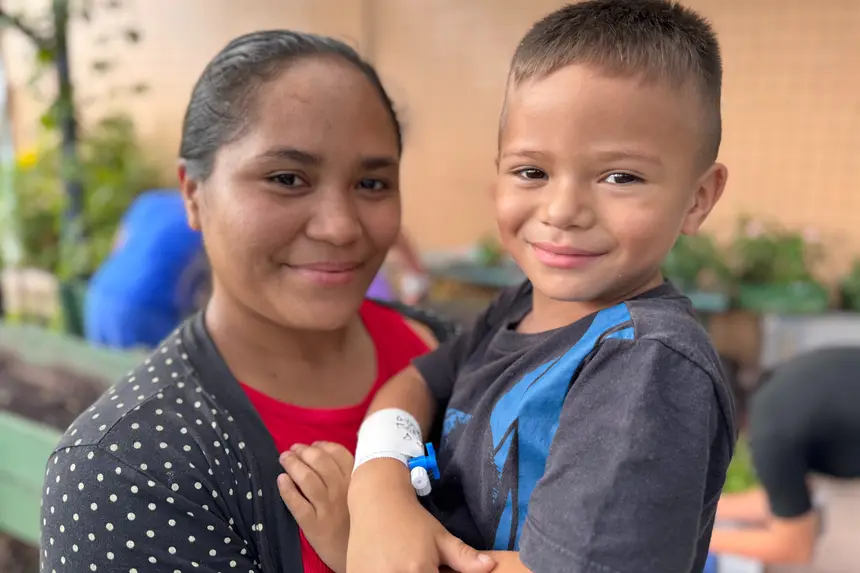
Assessment - In just the first six months of 2025, the Burn Treatment Center of the Metropolitan Hospital has already treated 290 people with medium and high complexity injuries, ensuring comprehensive assistance through the Unified Health System (SUS).
For participation in external activities, children undergo an assessment by a multidisciplinary team, which evaluates their suitability. "Some criteria are taken into consideration, including the child's physical condition, whether they have scheduled procedures, among others," explained occupational therapist Samanta Oliveira.
All the vegetables harvested are incorporated into the meals served at the Hospital, reinforcing the connection between nature and comprehensive care. "Even though the harvest does not meet all the food demand of the Hospital, the value of the action is immeasurable for the emotional health of the patients because they exchange information, have the opportunity to touch the soil, and forget the trauma suffered. This is fantastic," said Sueanne Pacheco, coordinator of the Nutrition and Dietetics Service of HMUE.
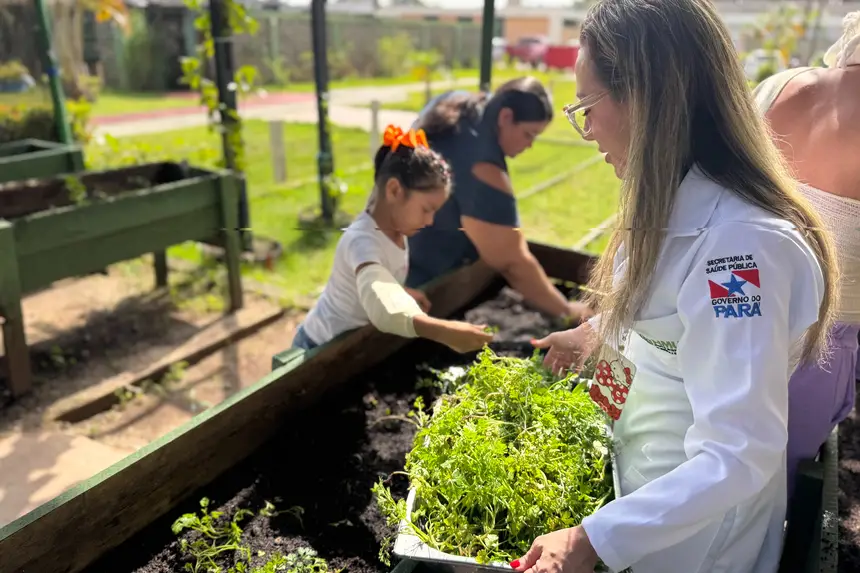
Structure – Managed by the National Institute for Social and Human Development (INDSH), in partnership with the State Department of Public Health (Sespa), HMUE has operational beds in the specialties of traumatology, general surgery, neurosurgery, internal medicine, pediatrics, plastic surgery (exclusive for burn victims), and ICU beds.
In 2024 alone, more than 600,000 services – including hospitalizations, surgeries, laboratory and imaging exams, multidisciplinary care, and outpatient consultations – were offered to patients from the Metropolitan Region of Belém and other municipalities in Pará.


